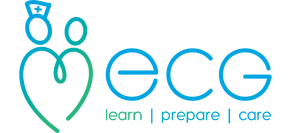Today, 4th March 2021, marks World Obesity Day. For me, it’s a day to evaluate our progress in the field of obesity since the last time milder weather brought with it worries about beach attire. Little did we know that we had nothing to worry about as the only place we were going was our own back gardens! One huge benefit of this is that society as a whole seems to care an itsy-bitsy-teeny-weeny bit less about achieving the long-coveted “bikini body”.
The last 12 months have been tough for everyone, not only for those with a BMI that carries with it a COVID-19 mortality rate of up to five times the national average. Most people have struggled to remain active. Many have experienced deterioration in their mental health. And the renewed community spirit that carried us through the first wave was not quite as prolific once the restrictions (and weather) put a stop to street concerts and other outdoor gatherings.
For people living with obesity, particularly those with comorbidities and limited functioning, it has been particularly hard. Social media has often felt like one report after another on the correlation between BMI and COVID mortality, or the financial burden of obesity on the NHS. Social isolation is a known risk factor for poor mental health in those with chronic diseases and disabilities, but even for those without physical limitations, when there’s nothing to distract you and break up your day, endless hours spent doom scrolling inevitably take their toll.

Reduced access to primary healthcare has been a source of anxiety for many. Disruptions to primary and secondary health-care provision caused by COVID-19 led to a decrease in the number of people actually in contact with adult mental health services between April and August last year, but referrals are now expected to at least triple in a post-pandemic surge. While no correlation was found between BMI and first seeking mental health services because of COVID-19, this may be because obesity carries a pre-existing risk for depression/anxiety that is already 55% higher than that of the general population.
Early last year, obesity networks across the world joined forces to develop the ROOTS framework. This framework proposes a comprehensive, equitable, systems-based and person-centred approach that acknowledges obesity as a complex chronic disease in its own right, as well as a risk factor for depression, diabetes, and other conditions.
On World Obesity Day 2020, numerous experts in the field of obesity signed and released the Declaration for World Obesity Day 2020, demanding that world leaders take action to understand the ROOTS of obesity and utilise the strategies to research, prevent and treat the disease, with evidence-based interventions that are both equitable and accessible to all. The Global Obesity Forum, comprised of more than thirty major obesity organisations including the World Obesity Federation, have now strengthened and renewed their call to action in the Declaration on Obesity and COVID-19.
Again, it calls upon all government leaders across the world to the adopt the ROOTS approach, and clearly sets out its recommendations for implementation, within the context of COVID-19.
The recommendations include:
- Prioritisation for COVID-19 testing and vaccination, along with other high-risk groups.
- Protection from discrimination, particularly within healthcare settings.
- Investment in well-developed and properly tested prevention strategies.
- Enhanced monitoring and surveillance of marketing practices.
- Investment in, and prioritisation of, obesity treatment and management services
- Improved obesity education for health-care professionals to ensure equitable access to non-discriminatory healthcare.
So, what’s changed in the UK? Last July, following Boris Johnson’s ICU admission due to infection with COVID-19, the UK government announced a package of measures to tackle obesity. These measures include:
- The expansion of NHS England weight services to support more people to lose weight.
- Compulsory calorie labelling on menus in all cafes, bars and restaurants with more than 250 employees.
- Restrictions on promotional offers on foods high in fat, salt or sugar, and a ban on these items being displayed at checkouts or shop entrances.
- New laws banning the advertising of food high in fat, sugar or salt on television and online before 9pm.
- Launch of Public Health England’s “Better Health – Let’s Do This” campaign.

The Weight Loss section of the NHS “Better Health” website now boasts a free downloadable 12-week weight loss app, the Easy Meals recipe app, top tips for healthy eating on a budget, and signposts to subsidised memberships of numerous other programs such as a plant-based healthy eating plan, a men-only weight loss community, and some of the better-known slimming clubs like Weight Watchers and Slimming World.
In the last few months, the criteria for free NHS medical weight management services have been altered so that those who previously were not eligible due to a BMI below 40, may now be eligible. If you have a BMI greater than 35, and have non-diabetic hyperglycaemia (pre-diabetes), and an obesity-related comorbidity such as sleep apnoea or ischaemic heart disease, your GP may refer you for tier 3 weight management, which includes pharmacotherapy and specialist medical weight management support under the supervision of a multi-disciplinary team. The criteria are still pretty exclusive, no doubt due to the high cost of these medications, but we’re heading in the right direction.
Additionally, pharmacists in the community pharmacy sector and other UK-registered private healthcare providers are now able to offer private medical weight management services authorised under a patient group direction (PGD) to provide safe and effective weight loss medication to those who are willing and able to pay.
This combined utilisation of NHS and private services may not quite deliver “equitable” and “accessible” in one shot, but I’m hopeful that ”one bird with two stones” is a starting point we can build on.
Written by Rosie Joy ( ECG Clinical Development Manager ), Thursday 4th March 2021













